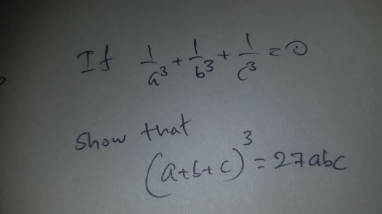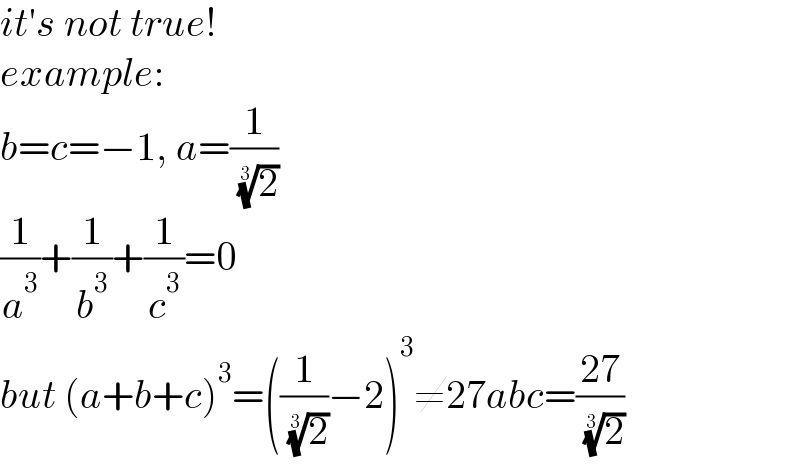
Question and Answers Forum
Question Number 137700 by peter frank last updated on 05/Apr/21

Commented by mr W last updated on 05/Apr/21

Commented by peter frank last updated on 05/Apr/21

| ||
Question and Answers Forum | ||
Question Number 137700 by peter frank last updated on 05/Apr/21 | ||
 | ||
Commented by mr W last updated on 05/Apr/21 | ||
 | ||
Commented by peter frank last updated on 05/Apr/21 | ||
 | ||